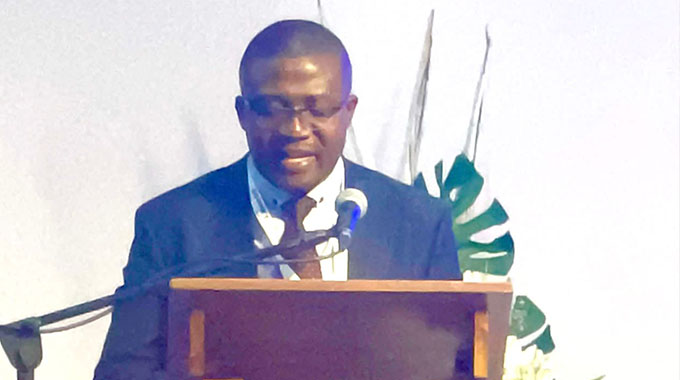Transforming women livelihoods through SACCOS
Oliver Kazunga, Senior Business Reporter
WOMEN entrepreneurs from Emakhandeni and Entumbane in Bulawayo have done it successfully.
With close to 600 members, the group had nowhere to turn to for financial bailout given the challenge of limited access to credit facilities.
Often mainstream financial institutions are reluctant to avail funding for small businesses despite their increasing contribution to the economy.
It was not until this group embraced the SACCOS concept that new horizons opened for them.
The abbreviation ‘SACCOS’ stands for savings and credit cooperative society.
This is a body created by a group of people with a common interest (churches, workers’ unions or community groups), whose objective is to save collectively, then make loans available to the group’s members. It is owned by the members and exists solely to serve their needs.
The concept has become popular in Zimbabwe and elsewhere in Africa having proved useful in generating sustainable funding for small businesses and transforming livelihoods.
Chronicle Business met Silingiwe Masuku – one of the pioneers of the Emakhandeni-Entumbane SACCOS, which is made up of 14 working groups.
“The idea to form the savings and credit club came after the realisation that a number of women aren’t employed. We thought we could deal with unemployment among ourselves by organising ourselves into a saving and credit club, which we then formed in March last year,” she said.
Masuku said each group in the cooperative contributes $110 per week.
The funds would be pooled together with members giving each other turns to access it on loan terms for use in covering different financial needs including paying school fees for their children.
Without giving figures of the funds in reserve, Masuku said the initiative was progressing well with plans to establish a trust to be named the Women’s Empowerment Project Trust (WEPT).
She said plans were underway to register the new entity, which would seek to tap opportunities in various self-help projects including agriculture and mining.
The women use the revolving fund to support each other in running projects such as poultry, garment making and craft.
Masuku said the group has already identified pieces of land for farming activities and have also approached the Ministry of Mines and Mining Development for concessions.
She said about $20,000 is needed to set up the trust, including paying administration expenses, as well as procuring basic mining equipment and operating licences.
Other group members said the credit club has given many of them financial independence and improved livelihoods.
Nitha Tshuma from Entumbane said: “Since joining the club, I’m no longer heavily dependent on my husband for other basic needs. Through the club, I’m now able to access funding to pay fees for my children.”
Another member, Kate Mpofu from Emakhandeni, said the club has benefited many women whose husbands were not employed.
“Life has changed for the better for most of us, especially those that come from families where their husbands aren’t employed,” she said.
“If the husband is unemployed, at times the marriage becomes unstable as women tend to suffer from physical and psychological abuse. This group has stabilised marriages for most of our members.”
Netsai Zvinavashe, a club member from Emakhandeni, said since joining last year, she had learnt that the organisation was not just about Silingiwe Masuku and access to funding.
“I joined the club last year and I’ve learnt that it’s not just about access to funding and empowerment through life survival skills but in times of need such as bereavement, I know I’ve colleagues to stand by me,” she said.
Masuku said more Zimbabwean women should embrace the concept and empower themselves economically in order to assist their husbands.
“My advice to women is that we should learn to work hard for ourselves by engaging in self-help projects. As women, we also discuss matters to do with raising our families and keeping them happy as well as imparting the sense that despite everything else that we might have, we must respect our husbands,” she said.









Comments